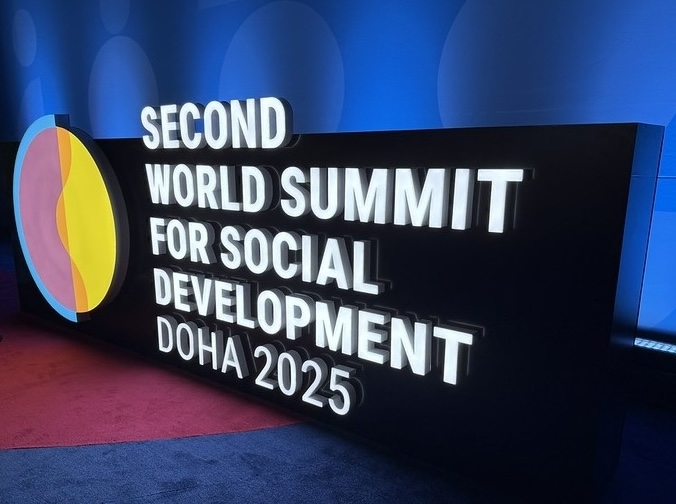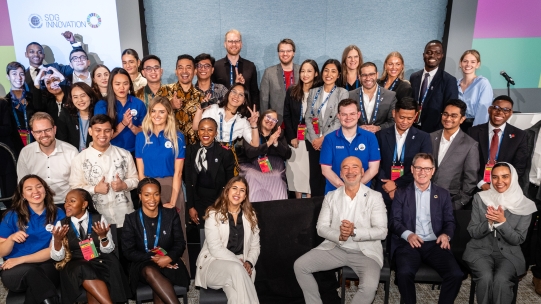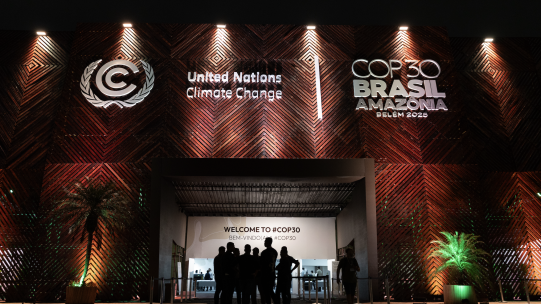Thirty years on, social development remains foundational to sustainable business growth: Takeaways from WSSD2
Read more

As the Second World Summit for Social Development (WSSD2) concludes in Doha, Qatar, here are five takeaways every business leader should know.
1. Social development is a necessary foundation for sustainable business
The summit re-emphasized that social development fundamentals like tackling poverty, promoting inclusive work and strengthening social integration are not just side concerns but core pillars of sustainable growth. Reaffirming the legacy of the 1995 World Summit for Social Development and in alignment with the 2030 Agenda for Sustainable Development, key aspects for discussion across business leaders include decent work, embedding inclusion and social protections into value chains and investing in social infrastructure. These components enable businesses to build resilience and long-term competitiveness.
2. Urgency: social gaps persist and are growing
Despite decades of effort, social progress remains uneven and, in some areas, is even regressing. The data tell a story of both progress and persistent gaps: since 1995, 1.5 billion people have escaped extreme poverty, yet more than 800 million remain trapped in poverty (United Nations). The summit confirmed this is an urgent and persistent global problem necessitating ongoing effort and attention. Companies that proactively bridge social gaps will be better positioned to be changemakers across social aspects of life, generating a push towards bettering human rights.

3. The business of inclusion: employment, social protection and value chains
A key theme of WSSD2 was decent work, social protections and inclusive value chains. The summit’s Political Declaration highlights the role of cooperatives, micro-, small and medium-sized enterprises (MSMEs) and the social and solidarity economy in driving poverty eradication and social inclusion. For businesses, embedding decent work standards across suppliers while supporting and advancing community-based business models and spotlighting inclusion is paramount.
4. Aligning social priorities with business strategy and investment
WSSD2 emphasized that social development must be mainstreamed into policies, investment decisions and business strategies. The summit highlighted that piecemeal approaches will not suffice.
Here’s how business leaders can take action:
- Integrate social outcomes into core strategic planning
- Consider social investment as part of the sustainable finance agenda
Understand that stakeholders—investors, regulators and customers—now expect strong social performance.
5. Collective action, governance and the social imperative
WSSD2 is a global opportunity to renew the social contract between Governments, business and labour, and to strengthen governance, international cooperation and social solidarity.
For business leaders, this means that impact is magnified through collaboration. Partnerships across sectors, multi-stakeholder initiatives and inclusive value-chain governance are no longer optional side projects, but integral to achieving systemic social progress. Companies that engage credibly in these collaborations will gain trust, influence and develop a long-term track record that demonstrates the effectiveness of their operations.
Call to action
As the Second World Summit for Social Development concludes, the message is clear: business leaders must seize this moment to embed social purpose into strategy, investment and collaboration. The era of sustainability grounded in social justice, dignity and inclusion has arrived.


